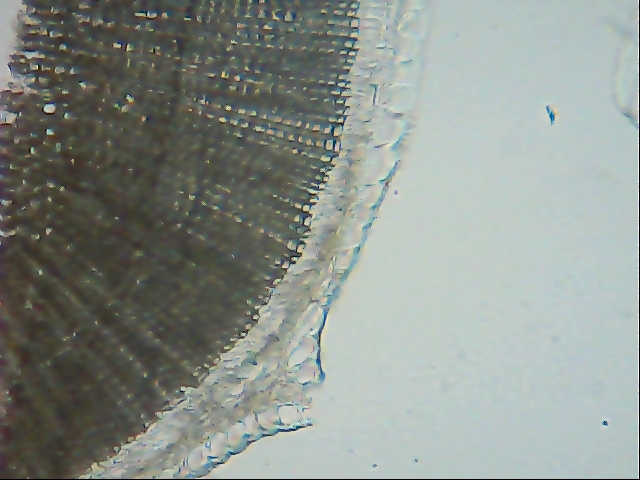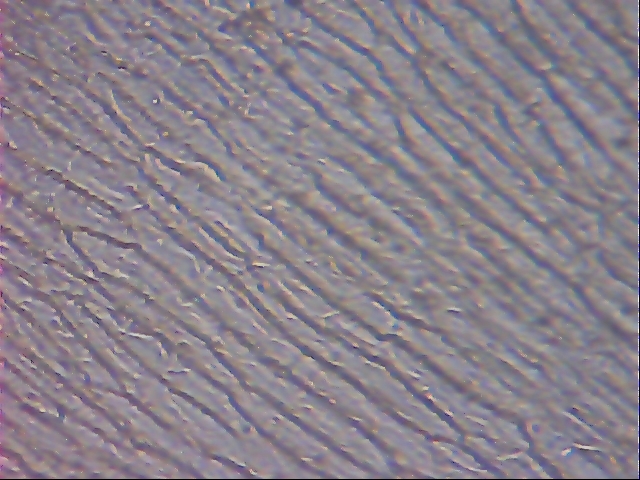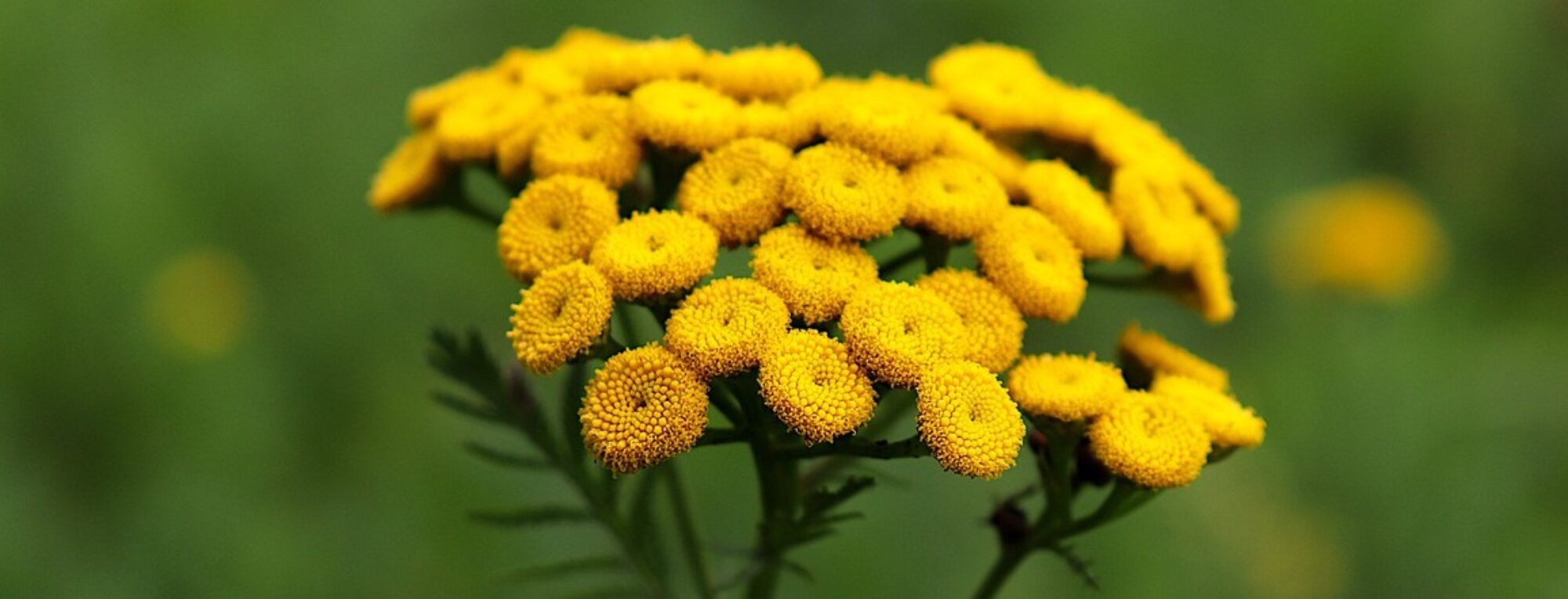
English name: Common centaury
Family: Gentianaceae
Botanical characteristic: A biennial, rarely annual 20 – 40 cm tall herb with a straight stem. The stem is quadrangular, hollow, forked and branched. The good leaves form a ground rosette, are ovate.The stem leaves are lanceolate, opposite-sessile, entire-margined. The five-petalled pinkish-red flowers have a tubular calyx and a funnel-shaped corolla. The inflorescence forms a panicle. The fruit is a capsule.
Microscopic drawing:



Distribution: It occurs in meadows, pastures, sunny slopes, in fields.
Drug: Centaurii herba
Harvesting method: It is harvested at the beginning of flowering (from May to September) without woody parts, using secateurs. The leaves are collected before flowering.
Drying: It dries naturally in thin layers in an airy and shady place. Artificially in a drying room, where the temperature must not exceed 40 °C.
Active substances: The most therapeutically important metabolites of the common centaury
include bitter-tasting secoiridoid glycosides (genciopicroside, swerciamarin, sweroside, gencioflavoside, centauroside and centapicrin). The drug also contains flavonoids, organic acids and phytosterols.
Uses: The bitters contained in the stem and leaves reflexively stimulate the production of digestive juices, thereby significantly supporting digestion and appetite.
Traditional method of use in indications determined solely on the basis of long-term use:
– dyspeptic and gastrointestinal disorders, temporary loss of appetite.
Selected herbal preparations: AGROKARPATY AGROKARPATY HERBAL TEA 1×30 g, APOTHEKE HERBAL TEA FOR BELLY AND BRAIN SICKNESS 20×1,5 g, NATURLAND SWEDISH CAPS 100 ml, J.V. SUGAR SUGGESTIONS – DUO for the stomach 50 ml, NaturProdukt SUGGESTIONS 50 ml, SALUS Floradix tbl 84 pcs.
